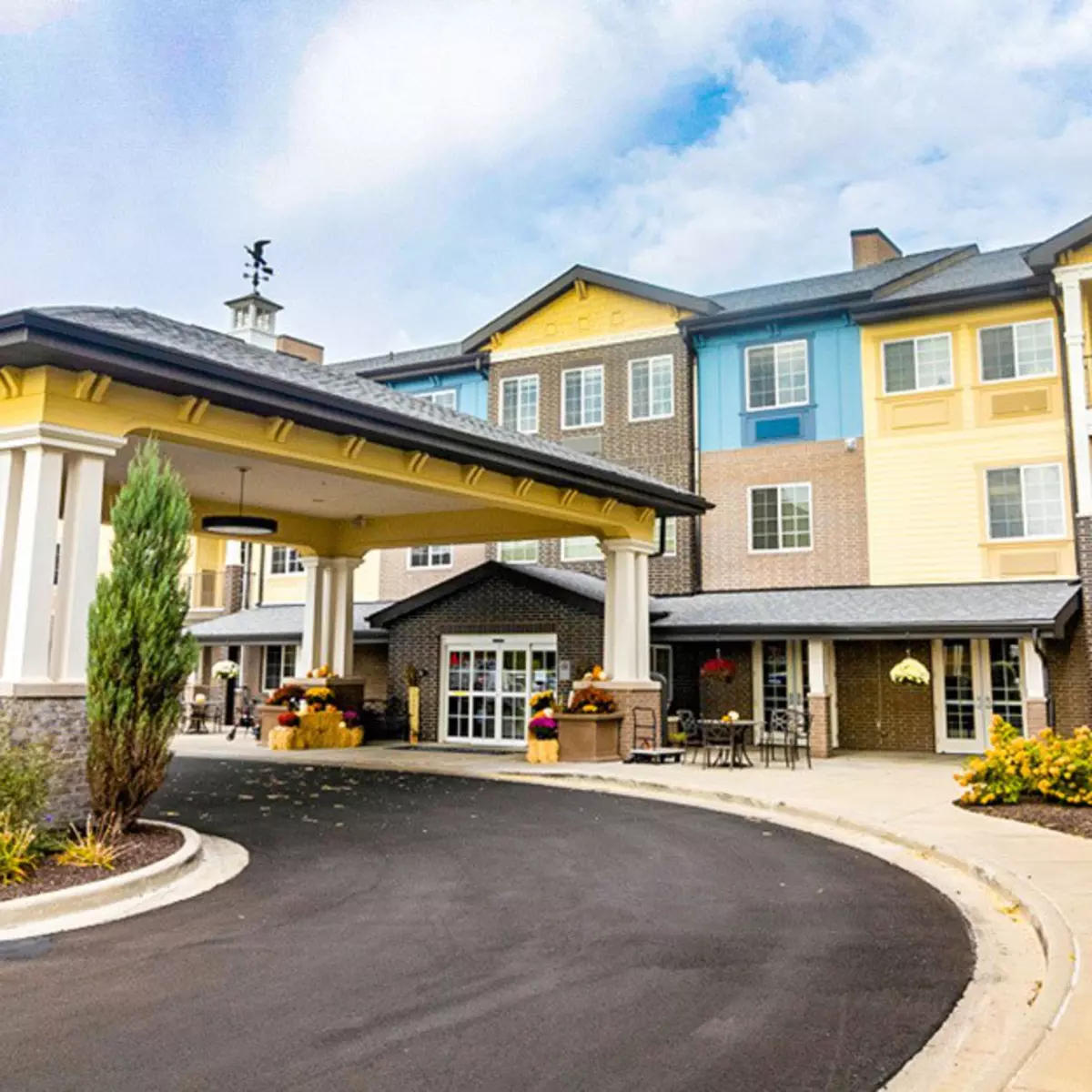Your Community

Independence Village of Carmel
View CommunityGive Us A Call
317-934-6841
Pricing & Availability
Voted #1 In Senior Living By Those Who Matter Most. Learn More >

We understand that caring for a loved one with memory impairments, like dementia or Alzheimer’s, can be emotionally and financially overwhelming. We want you to know that you’re not alone in navigating your loved one’s unique journey. Our expert guide is here to help you learn all you need to know about the cost of memory care services — so you can compare different options and find the best possible care for your family member.
If your loved one is having difficulty with activities of daily living or facing increased challenges with remembering things, memory care might be a thoughtful and beneficial option. Memory care is a form of long-term senior living specifically designed for individuals who are facing impairments with their memory and cognitive abilities, often due to conditions such as Alzheimer’s disease or other forms of dementia.
This specialized care is provided by trained employees who understand the unique needs of people with memory-related issues. A memory care community can offer a safe and supportive environment where residents can receive the personalized attention and assistance they need to help them thrive and make the most of each day. Most memory care communities feature a thoughtfully designed environment to help combat the effects of memory loss, such as confusion and wandering. This level of care can be financially prohibitive. Due to the need for specialized care and 24/7 supervision, memory care is typically more expensive compared to other senior living options, like assisted living.

Memory care communities are designed to provide specialized and compassionate care to individuals living with Alzheimer’s disease or other forms of dementia. Here are some of the key services offered in most memory care communities:
Memory care costs can vary widely based on several considerations. Here are some key factors that can influence the cost of memory care:
Understanding the cost of memory care can help you make an informed decision about your loved one’s future. However, memory care costs can vary widely from community to community, as well as geographical location. When thinking about possible care options for their family members, most caregivers often find themselves asking the question, “What is the average monthly cost for memory care?”
On average, you can expect to pay between $4,000 and $7,000 per month. However, costs can vary widely, with some communities costing as little as $3,000 and others as much as $9,000. According to Genworth’s recent Cost of Care survey, the national average cost of memory care is around $4,500. Below is a table showing the average cost of memory and dementia care costs by state. Please note that these costs may vary significantly depending on various key factors. Be sure to inquire with individual communities to find out more about total price.
We understand that memory care costs can be overwhelming for many caregivers and their families. Depending on available resources, here are some key ways you can pay for your loved one’s care:
As you search for the right community for your loved one, budget is likely a key consideration. However, combing through websites and making endless inquiries may make the process of cost comparison less straightforward. Our cost calculator is here to help you understand the cost of memory care in your location.
We understand that memory care costs can add up quickly. This can place a financial burden on family caregivers. Here are some key strategies to help you manage the cost of your loved one’s memory care:

When seeking specialized care for a family member, you may be faced with a wide range of options to pick from. Here’s how some common alternatives compare to memory care:
At StoryPoint Group, we understand the unique challenges that you go through to provide the best care for your loved one — which is why you need all the support you can get. If you need additional guidance about memory care services or any other type of senior living, we’re here to help you. Give us a call today at 1-844-275-9990 or visit a StoryPoint Group community near your location.